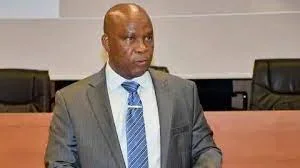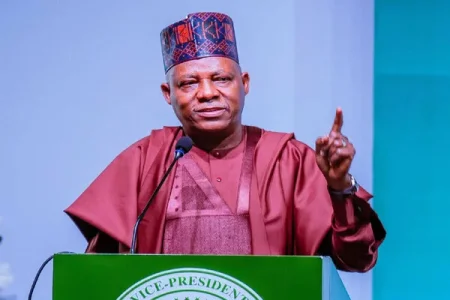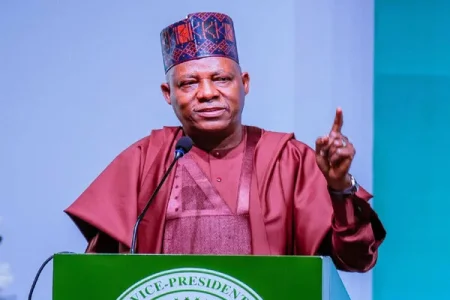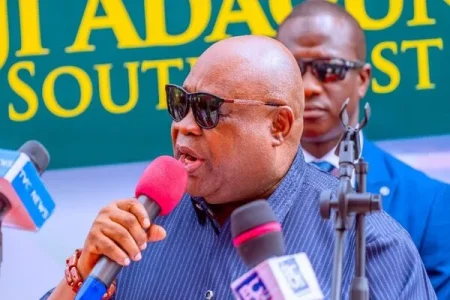
Aliyu Abdulhameed, the former Managing Director of the Nigeria Incentive-Based Risk Sharing System for Agricultural Lending (NIRSAL), has been apprehended almost a year after his dismissal. Daily Trust's exclusive report reveals that Abdulhameed's arrest comes in the aftermath of a high-stakes investigation into allegations of corruption, including the misuse of funds in a N5.6 billion wheat project intended for farmers in Kano and Jigawa States.
Abdulhameed's ousting from NIRSAL, a $500 million non-bank financial institution under the Central Bank of Nigeria's mandate, occurred amid a cloud of corruption accusations. The dismissal was sanctioned by the CBN Board and received approval from the Presidency in December of the previous year.
Daily Trust's meticulous investigation, conducted in January of the same year, uncovered a complex web of financial impropriety surrounding a multi-billion-naira loan guaranteed by NIRSAL. The loan was intended for three investor companies tasked with cultivating 20,000 hectares of dry-season wheat in Kano and Jigawa States. Shockingly, it was alleged that the funds were diverted by the companies, in collusion with NIRSAL officials.
Community leaders in the affected states reported feeling deceived, as promises of support for smallholder farmers failed to materialize. Abdulhameed and the implicated investor companies vehemently denied any wrongdoing, setting the stage for a protracted legal and investigative battle.
The arrest of Abdulhameed, according to multiple sources, followed a five-month manhunt conducted by a joint team comprising the Department of State Services, the Nigeria Police Force, and the Special Investigator appointed by President Bola Tinubu. The former NIRSAL boss was reportedly apprehended on the premises of a federal government revenue-generating agency in Abuja, where he had purportedly gone to lobby for a reappointment.
Daily Trust's findings indicate that Abdulhameed, currently in the custody of the DSS, is facing a barrage of corruption allegations. Investigators are closely examining the results of a prior CBN-led investigation, prompted by a petition against NIRSAL for fraud, money laundering, and criminal conspiracy.
The CBN's interim report highlighted breaches of internal policies, procedures, and relevant regulations, prompting a series of inquiries. Shockingly, it was revealed that 32 official vehicles were diverted for personal use by Abdulhameed during his tenure. Security operatives have managed to recover only two vehicles so far, with the fate of the remaining 30 yet to be determined.
Furthermore, Abdulhameed is accused of absconding with nine exotic vehicles, including bulletproof jeeps, and household items from four official guest houses belonging to NIRSAL in Lagos, Abuja, and Yola. Attempts to reach Abdulhameed for comment were unsuccessful, and the DSS and the Nigeria Police Force have refrained from making official statements.
As the investigation unfolds, questions linger about the broader implications of the wheat project scandal, shedding light on the challenges faced by Nigeria's agricultural sector and the imperative for increased financial accountability in government-led initiatives.




